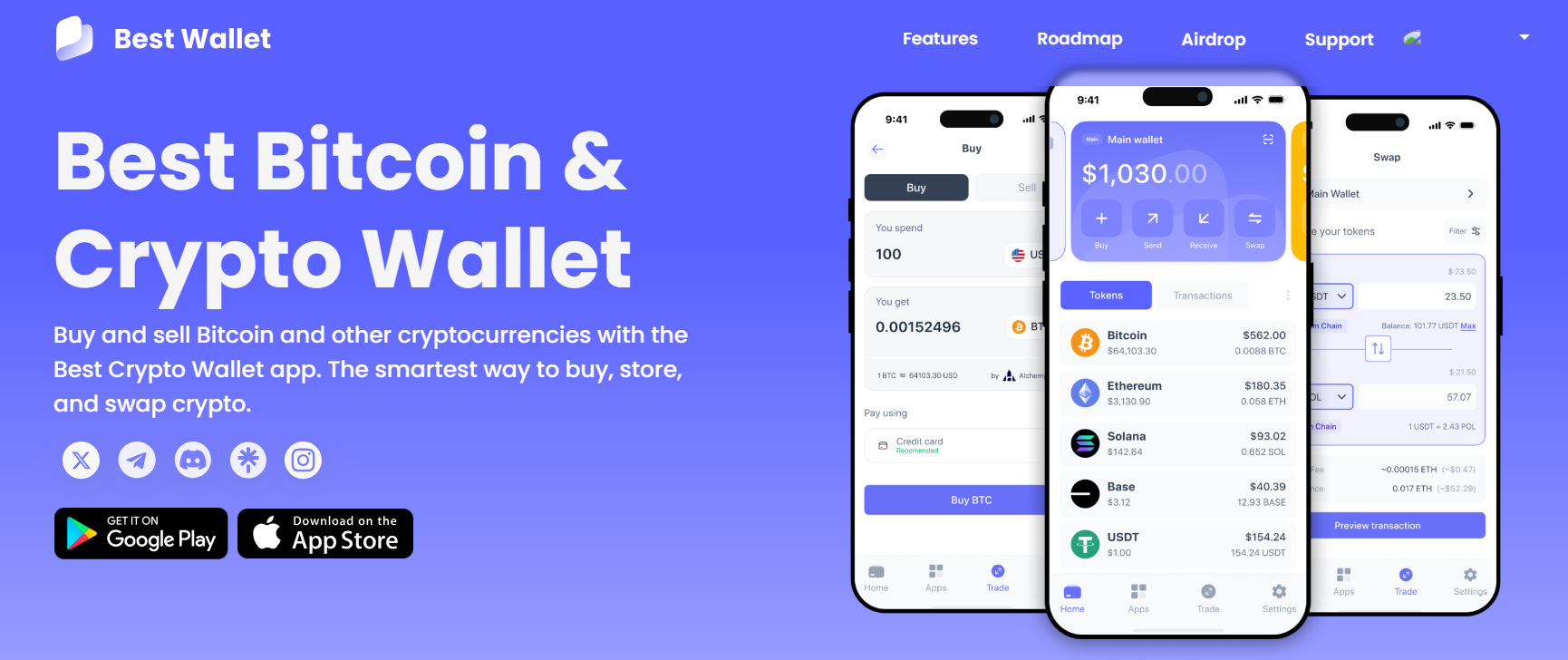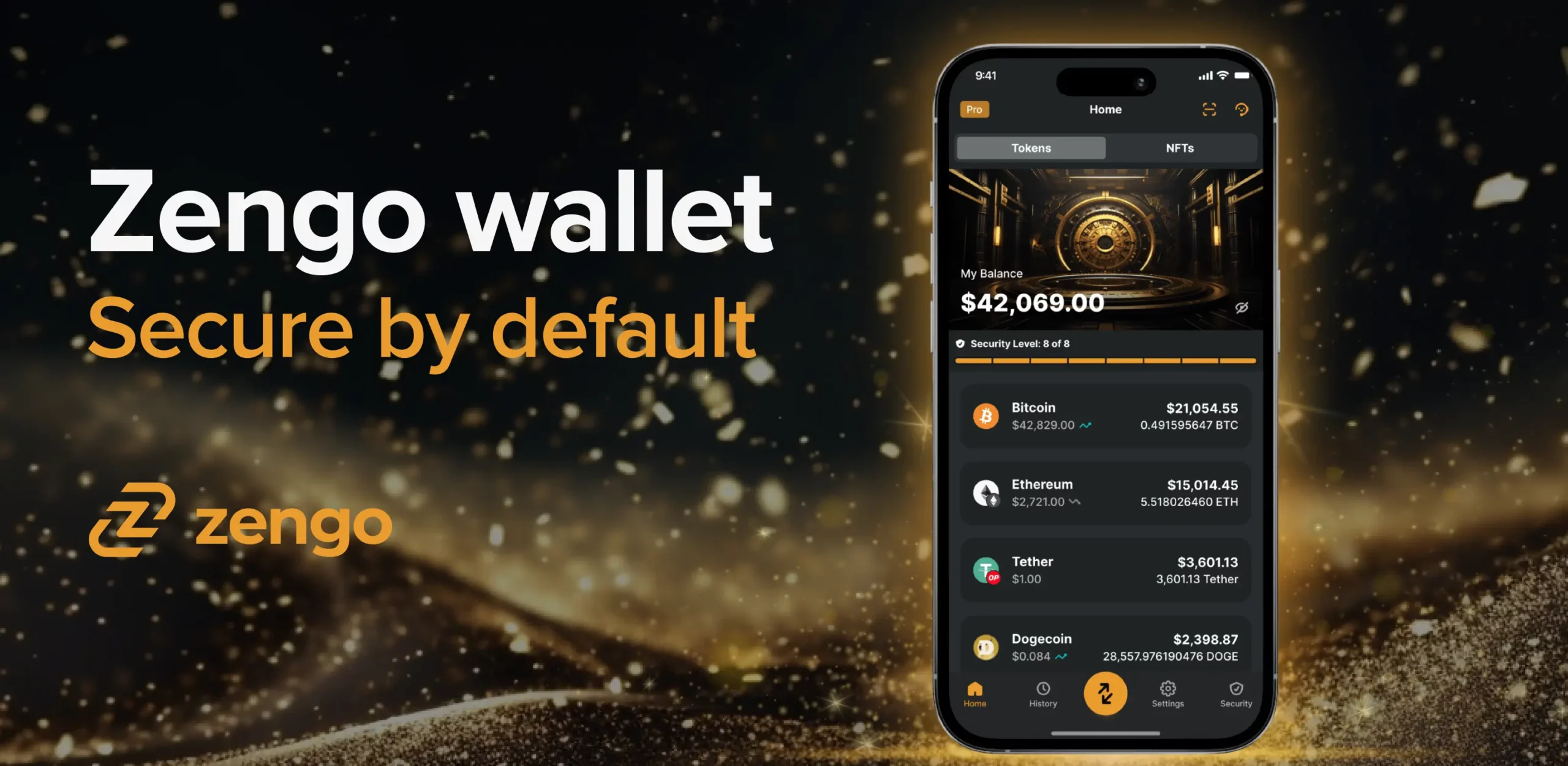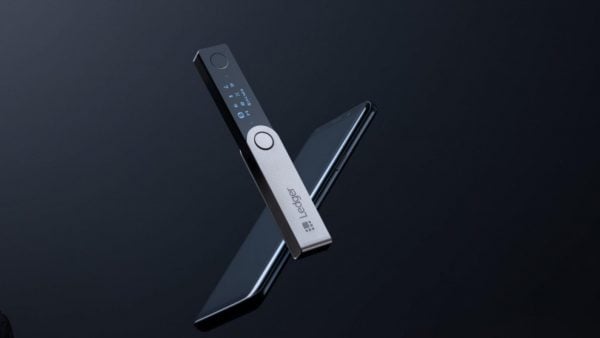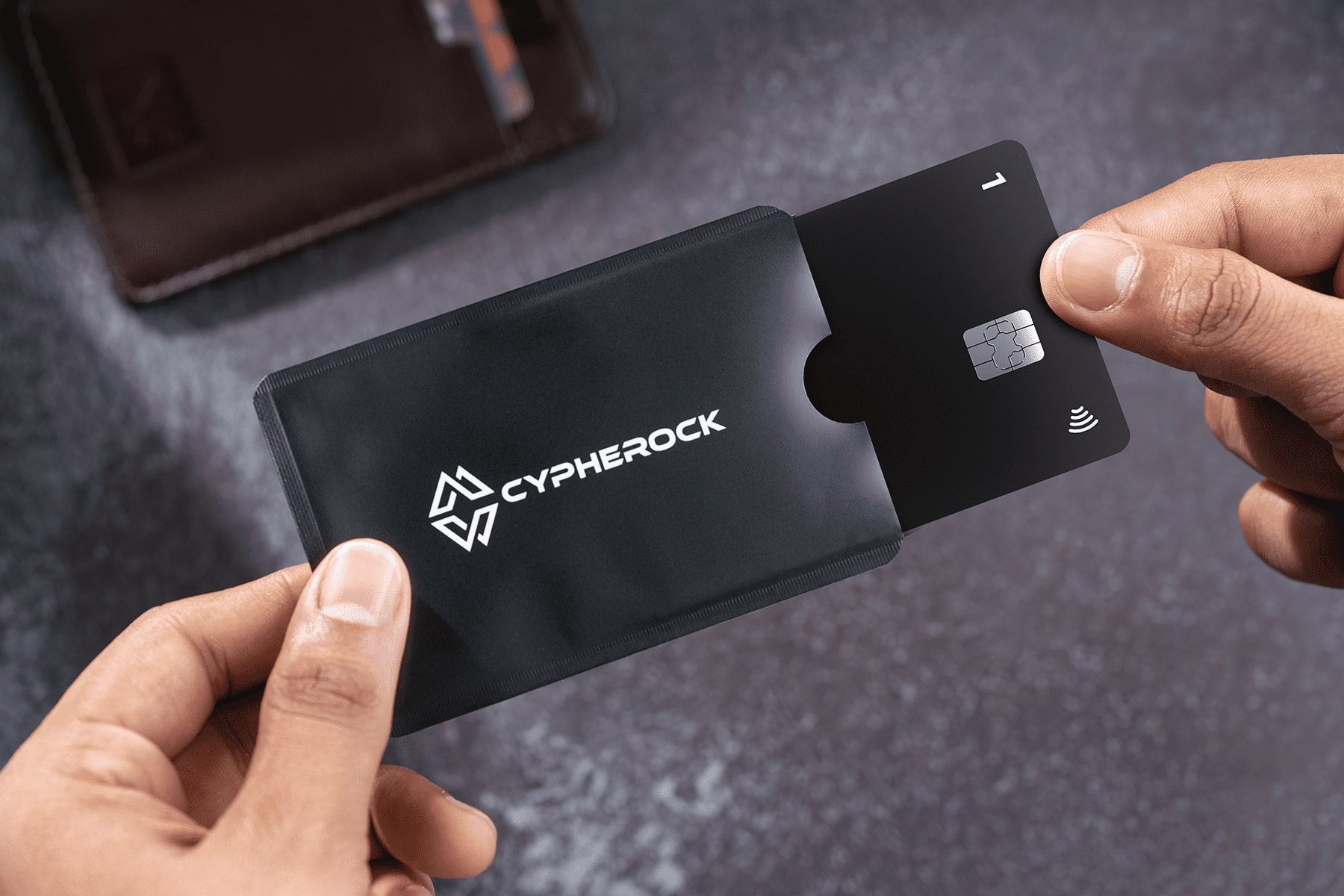
Top 10 Anonymous Crypto Wallets for 2025: Privacy Without KYC
Cryptocurrencies emphasize privacy and autonomy, making KYC-free wallets highly sought after. This guide covers the best anonymous Bitcoin and crypto wallets for 2025. It explores software and hardware options, detailing their features, strengths, and limitations for discreet asset management.
Reviewing the Top Anonymous Wallets
Here’s a breakdown of each wallet’s offerings, pros, and cons.
1. Best Wallet – Mobile Ease for Beginners

Best Wallet leads with its user-friendly mobile app (iOS/Android), needing just an email to start. In Phase 2 of its rollout, it supports Ethereum, BNB Chain, and Polygon, with Bitcoin slated for Phase 3. Features include PIN/fingerprint security, optional SMS verification, and in-app swaps—no seed phrase hassle. Future plans add a browser extension, staking, and a token airdrop.
Pros: Email-only, swap-friendly, no KYC.
Cons: Limited chains, mobile-only.
Visit: Best Wallet
2. Exodus – Versatile Multi-Platform Wallet
Exodus handles 250+ coins across Windows, Mac, Linux, iOS, and Android, pairing with Trezor for cold storage. It’s not fully open-source (to deter clones), skips KYC, and offers swaps and DeFi access—but privacy coins like Monero get less focus.
Pros: Intuitive, broad support, Trezor sync.
Cons: No Ledger, high swap spreads.
Visit: Exodus Wallet
3. Margex – Leverage Trading Haven

Margex boasts 500K+ users and 100x leverage on futures, with 0.06% taker fees. No KYC needed, it uses 2FA, cold storage, and copy trading for newbies. Staking offers up to 5% APY on BTC and ETH.
Pros: High leverage, staking, copy trading.
Cons: No U.S. access, trader-focused.
Visit: Margex
4. Zengo – Seedless Simplicity

Zengo ditches seed phrases with MPC (Multi-Party Computation), splitting keys across servers for security. On iOS/Android, it supports 120+ assets, swaps (3% markup), and staking, with facial recognition for big moves. No KYC unless using third-party fiat services.
Pros: Easy, secure, no seed risks.
Cons: No hardware, non-standard recovery.
Visit: Zengo
5. BloFin – No-KYC Trading Up to $20K
BloFin allows $20K withdrawals without KYC (ID required beyond that). It supports 120+ coins, 0.1% trading fees, bots, and 3% APY staking, with Fireblocks custody and 1:1 reserves.
Pros: Low fees, transparent, staking.
Cons: KYC post-$20K, limited coins.
Visit: BloFin
6. Ledger – Hardware Meets Hot Wallets

Ledger (since 2014) offers models from $79 (Nano S Plus) to $279 (Stax), with EAL5+ Secure Element chips. Supporting 5,500+ coins, it pairs with apps like MetaMask via Ledger Live for swaps and staking—no KYC required.
Pros: Durable, app-friendly, broad support.
Cons: Stax scarcity, backup controversy.
Visit: Ledger Nano X
7. Cypherock – Seedless Security Leader

Cypherock X1 splits keys across a vault and four X1 cards (EAL6+ chips) using Shamir Secret Sharing—no seed phrase needed. At $159 (17% off with “COLDWALLET”), it supports 9,000+ assets and 3FA.
Pros: Seedless, ultra-secure, discount.
Cons: No mobile, no MetaMask.
Visit: Cypherock
8. MetaMask

MetaMask excels for Ethereum and EVM chains on mobile and Chrome, with snaps adding Solana support. No Bitcoin yet, but it’s customizable and pairs with hardware.
Pros: Trusted, flexible, hardware-friendly.
Cons: RPC privacy risks, no BTC.
Visit: MetaMask
9. Coinbase Wallet – Web3 Explorer
Coinbase Wallet (standalone, no KYC) supports Bitcoin (mobile only), Ethereum, and Solana, with DApp access. Smart Wallets are in development.
Pros: Multi-chain, DeFi-ready, Ledger sync.
Cons: Closed-source, limited hardware support.
Visit: Coinbase Wallet
10. Trust Wallet – Multi-Chain Giant
Trust Wallet (70M+ users) supports 100+ blockchains, no KYC, and hides IPs. Open-source and Binance-backed, it’s Web3-ready with Ledger support.
Pros: Vast support, secure, versatile.
Cons: Can lag, no Trezor.
Visit: Trust Wallet
What’s a No-KYC Wallets?
A no-KYC wallet skips identity verification (name, ID, etc.), unlike exchange custodial wallets. It may use an email or phone for setup but keeps your real identity private, though blockchain transactions remain public.
Are They Safe?
Safer than exchanges (e.g., FTX, Celsius flops), but not flawless—2023 hacks hit Trezor physically. Update software/firmware to minimize risks.
Why Best Wallet Stands Out
For ease and privacy, Best Wallet shines—email signup, no KYC, swaps, and mobile-first design. It’s expanding from Ethereum/BNB/Polygon to Bitcoin and beyond, with staking and airdrops planned. Pick based on your needs, but this one’s a gem for 2025.
